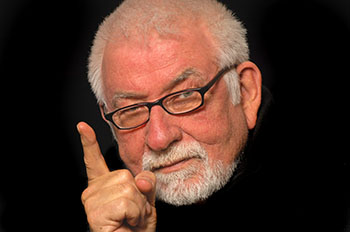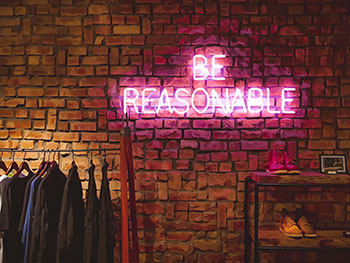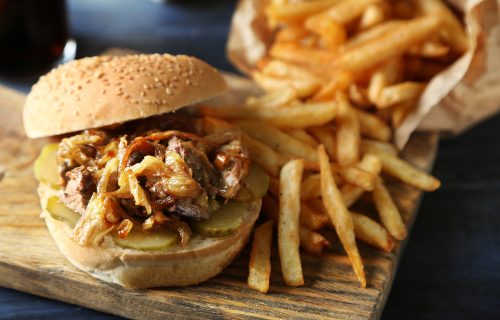
How To Deal With Food-Shamers
Most of my weight loss clients have no idea how to deal with food-shamers, so they just put up with it, unaware of the damage it’s doing to their emotional wellbeing.
What exactly do I mean by ‘food shaming’? Well, I’m talking about those supposedly well-meaning comments delivered by concerned parents or partners that are supposed to motivate you into eating the right foods.
Helpful….? Not.
In fact, comments like: ‘Should you be eating that…?’ or: ‘Come on, you don’t really NEED that…’ usually make you want to eat the ‘forbidden’ food even more.
Why? Because we don’t like being told what to do!
As If You Even Need to Be Told…
It’s hard enough to stick to a healthy eating plan without having someone else breathing down your neck.
Most of my clients have a lot of emotional stuff going on, which means they’re not feeling great about themselves in the first place.
Add to that the negative comments of others, and you’ve got a recipe for disaster. The worse you feel about yourself, the more likely you are to get caught up in the vicious comfort eating/self-shaming cycle.
Let’s face it:
When you sabotage your diet, you’re already well on the way to beating yourself up about it before you finish the last bite of that Tim Tam.
So it makes sense to tell well-meaning family and friends to back off a bit. A great idea in theory…but often people who struggle with their weight have trouble setting boundaries.
My client Janet was a mum of two young children, and from the moment she was born she was taught: ‘don’t be selfish, put others first and always say yes if someone asks for help.’
She was a self-proclaimed people pleaser, so when her husband started policing her food, she had no idea how to get him to stop.
Give Them A Chance
Here’s the advice I give to my weight loss clients who are living with food shamers:
Most of the time, food-shamers think they’re doing you a favour. If you don’t tell them that their behaviour is bothering you, how can they know?
On the other hand, if you reason with them and set a gentle boundary, in 99% of cases you’ll get a positive response.
Sit them down and say: ‘I know you have my best interests at heart, and I really appreciate it. But from now on, whatever I’m eating, whether you think it’s good or bad, please don’t comment either way’.
This approach worked brilliantly for Janet; her husband had no idea the negative impact his comments were having on her, and he immediately agreed to stop.
What About The Hard-Core Bullies?
In about one percent of cases, the request falls on deaf ears, and the unsupportive comments continue. In these cases, I recommend the ‘3 strikes’ method. Here’s how it works:
STRIKE ONE: You state your position clearly to the other person, by saying something like: ‘I don’t want to discuss my food intake with you’.
If they persist, you move to the next phase.
STRIKE TWO: You reiterate what you said in strike one – ‘As I said before, I’m not willing to get into this with you’
Most people back off after this stage. If not, here’s what to do:
STRIKE THREE: ‘I think we’re going around in circles here. Let’s agree to move on from this topic’
Then, you walk away from the conversation if necessary.
It’s Okay To Set Boundaries
I don’t care who you are or how much weight you have to lose; nobody (and I mean nobody) has the right to question another adult about what they choose to put into their body.
Putting up with food-shamers only causes you to turn to comfort eating to deal with the emotional fallout, so you may as well learn to set boundaries early on.You can also take the help of Melbourne hypnotherapy.
If you’ve been struggling to work out how to deal with food-shamers, try these simple tips and you’ll be well on the way to reaching your goal weight – on your terms.
If you need help learning how to set boundaries, a clinical hypnotherapist can work with you to help you communicate better with others.






